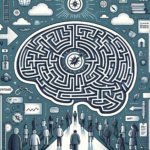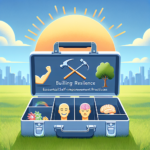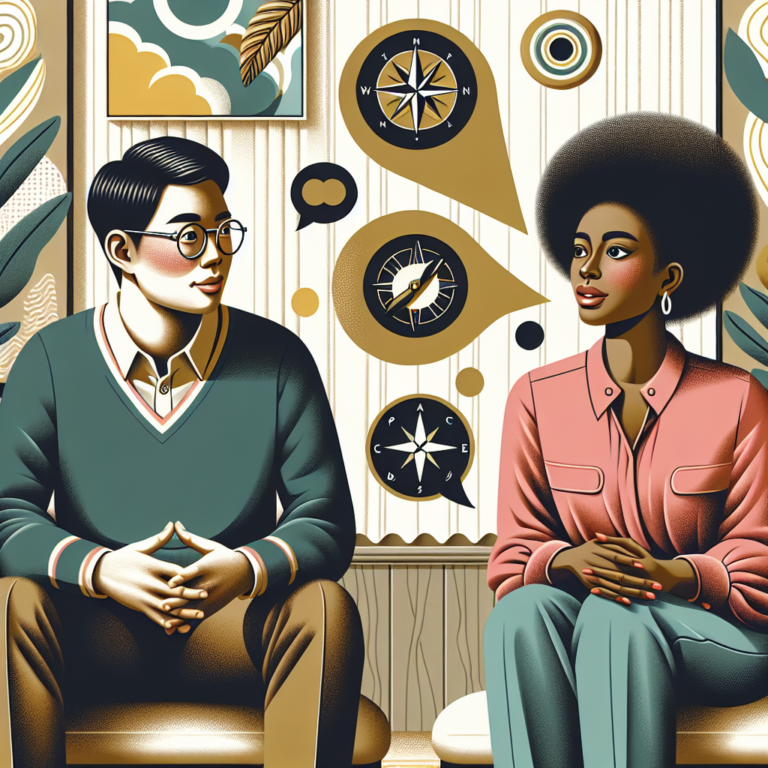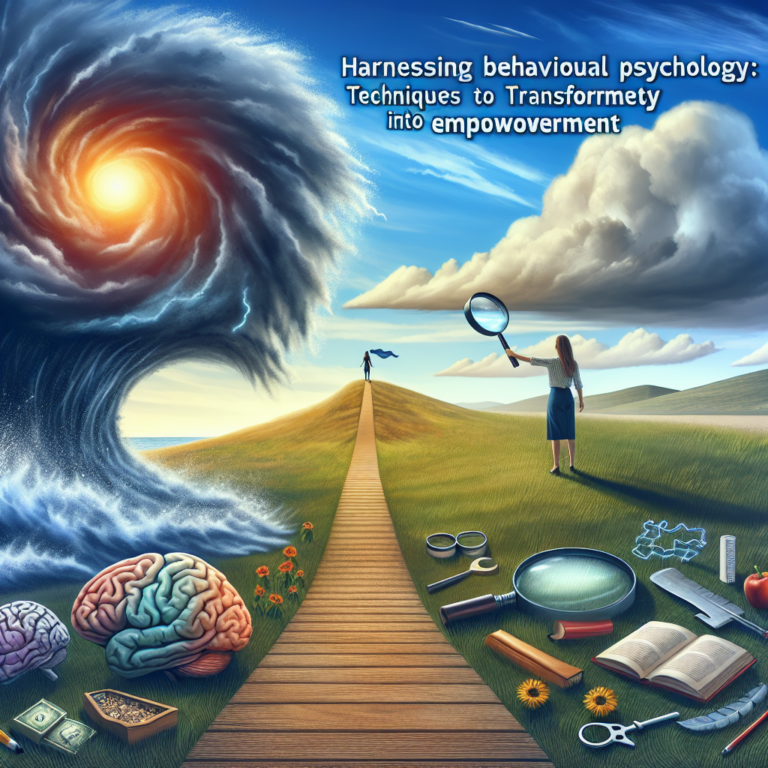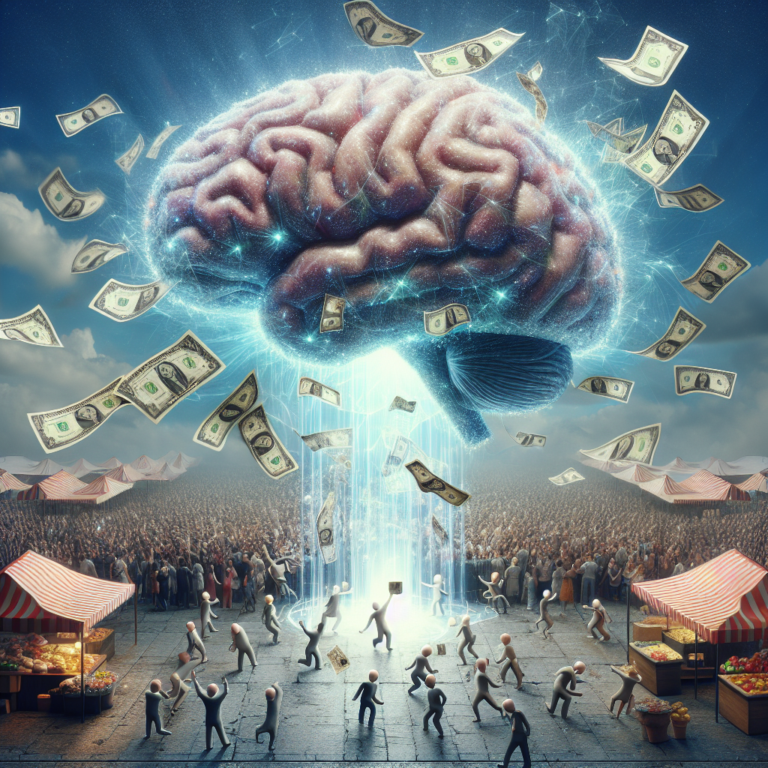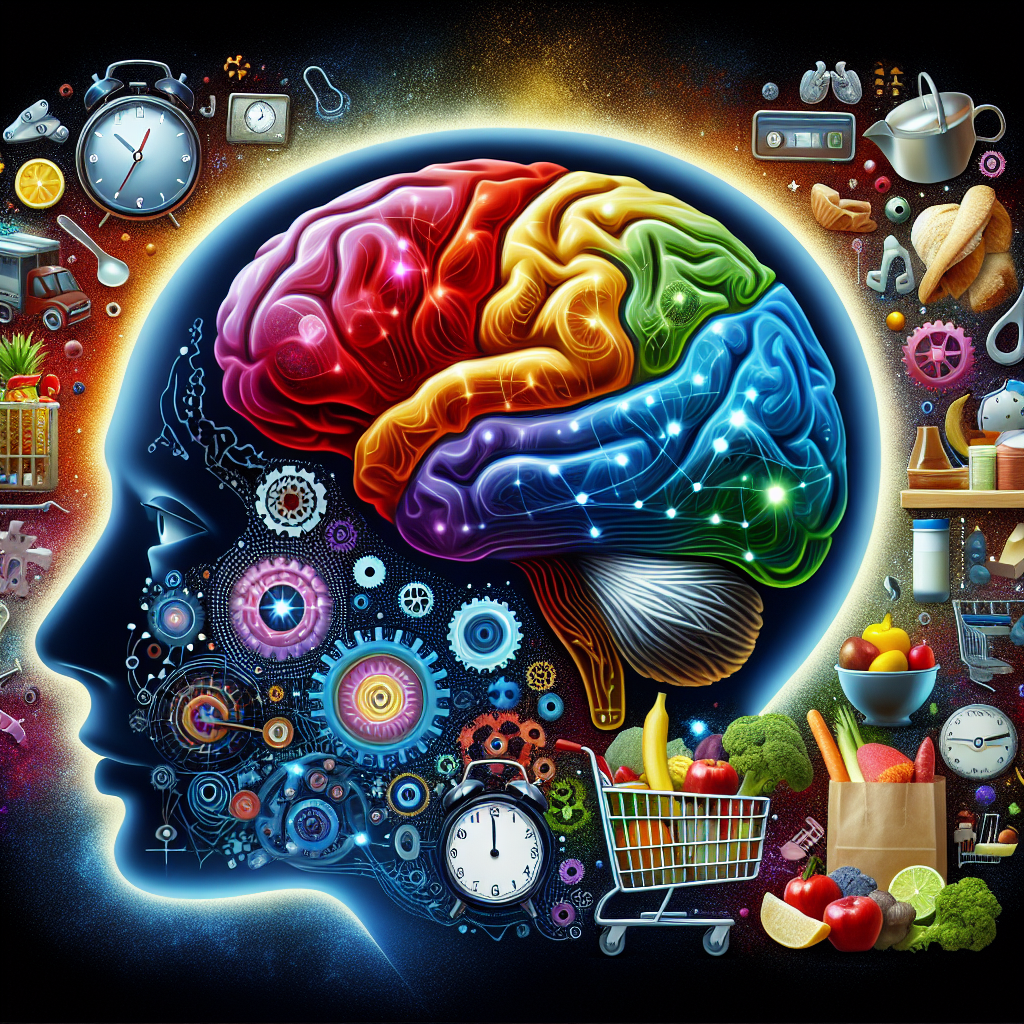
The Mind Unveiled: Understanding the Psychology Behind Our Everyday Choices
Introduction
In a world brimming with choices, from the mundane to the monumental, have you ever paused to wonder why you make the decisions you do? The Mind Unveiled: Understanding the Psychology Behind Our Everyday Choices explores this perplexing question in depth. Our daily lives are a tapestry woven from countless choices—and these choices are influenced by a complex interplay of cognitive processes, societal pressures, and emotional states. Unraveling this tapestry not only helps us understand ourselves better but also empowers us to make choices that align with our true values and aspirations.
The way we choose to live every day reflects our personality, aspirations, and sometimes even our unconscious biases. Through this article, you will discover the cognitive biases, emotional influences, and social factors that shape our choices. We’ll explore fascinating case studies, backed by psychological theories, to provide you with insights that you can apply in your own life. So let’s take the plunge and unveil the mind!
The Decision-Making Process: An Overview
The Dual-Process Theory
Psychologists often refer to the Dual-Process Theory, which posits that our thinking occurs in two distinct modes: the intuitive and the rational.
Intuitive (System 1): This is fast, automatic, and emotional. It’s the part of our brain that makes snap judgments and decisions based on gut feelings and heuristics.
- Rational (System 2): This involves slow, deliberate, and logical reasoning. Here, you analyze situations, weigh pros and cons, and conclude based on facts rather than feelings.
The Role of Emotions in Decision-Making
Emotions play a crucial role in decision-making. According to a study published in the journal Cognition and Emotion, emotional responses can significantly influence our choices, sometimes to the point where they overshadow logical thinking. For example, people are more likely to make impulsive purchases when they’re feeling happy or excited, such as during holiday sales.
The Impact of Cognitive Biases
Cognitive biases are systematic patterns of deviation from norm or rationality in judgment. These biases can cloud our decision-making processes, leading us to make choices that aren’t always in our best interest. Below is a table outlining common cognitive biases and their effects.
| Cognitive Bias | Description | Impact on Choices |
|---|---|---|
| Anchoring Bias | Relying too heavily on the first piece of information seen | Influences pricing and negotiation |
| Confirmation Bias | Favoring information that confirms existing beliefs | Limits openness to new ideas |
| Availability Heuristic | Relying on immediate examples that come to mind | Affects risk perception in decisions |
Case Study 1: The Choice of Buying a Car
Background
Imagine standing in a car dealership. You may initially consider several models, but several factors, ranging from emotional attachments to previous experiences, affect your final choice. A case study involving car buyers revealed that many people select vehicles anchored by the first pricing information they received, demonstrating the anchoring bias.
Analysis
This aligns with The Mind Unveiled: Understanding the Psychology Behind Our Everyday Choices, highlighting how prior knowledge and emotional reactions play pivotal roles in decision-making. It’s essential for buyers to recognize their biases and seek information beyond their initial impressions.
The Social Influences on Decision-Making
The Role of Social Proof
Social proof refers to the phenomenon where individuals mimic the actions of others in an attempt to reflect correct behavior for a given situation. This can be observed in consumer behavior; for example, you might be inclined to choose a popular restaurant because it has many positive reviews.
Case Study 2: Choosing a Restaurant
In a recent experiment, researchers found that participants were more likely to choose restaurants recommended by others, even if the options ranked lower on a review aggregator. This showcases the impact of social influence and conformity in our choices.
Analysis
By understanding social proof, we can better navigate the choices we make, ensuring that they align with our values rather than merely following the crowd. The Mind Unveiled: Understanding the Psychology Behind Our Everyday Choices calls for individual reflection to foster more authentic decision-making.
The Role of Scarcity and Urgency
Understanding Scarcity
The principle of scarcity posits that people are more likely to desire something that is perceived as limited. This concept is widely used in marketing strategies, creating a sense of urgency that compels individuals to act quickly.
Case Study 3: Black Friday Sales
Retailers leverage scarcity during Black Friday, where limited-time offers can lead to impulsive purchases based on the fear of missing out (FOMO). A study found that 65% of consumers made purchases during the holiday sales driven solely by urgency.
Analysis
This reveals an interesting facet of consumer psychology, showcasing how urgency can distort rational thinking. The Mind Unveiled: Understanding the Psychology Behind Our Everyday Choices encourages consumers to be mindful of these tactics and evaluate their choices critically.
Cognitive Dissonance and Decision Regret
The Concept of Cognitive Dissonance
Cognitive dissonance arises when our beliefs and actions conflict, leading to feelings of discomfort. This often occurs after making decisions, especially significant ones, as we question if we made the right choice.
Case Study 4: Career Decisions
A survey on career satisfaction found that many individuals experience dissonance after changing jobs, leading them to question their decision. Those who opted for a higher salary often reported greater regret and dissatisfaction.
Analysis
Understanding cognitive dissonance can help mitigate the psychological turmoil following decisions. The Mind Unveiled: Understanding the Psychology Behind Our Everyday Choices highlights that being aware of this phenomenon can lead to healthier coping mechanisms.
The Influence of Environment and Context
Environment as a Decision-Making Factor
Our physical environment can significantly shape our decisions. This could range from the ambiance of a restaurant to the aesthetic of a store. Research indicates that environmental cues can either facilitate or hinder our ability to make choices.
Case Study 5: Grocery Store Layouts
A study published in the Journal of Consumer Research found that the layout of grocery stores—specifically the placement of high-margin items at eye-level—led consumers to make unplanned purchases.
Analysis
Awareness of environmental influences allows us to navigate spaces more effectively, making choices that genuinely reflect our needs. Truly, The Mind Unveiled: Understanding the Psychology Behind Our Everyday Choices has significant implications for consumer behavior.
Conclusion
The complexity of the human mind is profound, and understanding the psychology behind our everyday choices can empower us to lead more intentional lives. By recognizing cognitive biases, emotional triggers, societal influences, and environmental contexts, we can make decisions that better align with our true selves.
Ultimately, the objective of The Mind Unveiled: Understanding the Psychology Behind Our Everyday Choices is to foster self-awareness, allowing individuals to navigate life with purpose and clarity. Let these insights inspire you to approach your decisions thoughtfully and authentically.
FAQs
1. What are cognitive biases?
Cognitive biases are systematic patterns of deviation from norm or rationality in judgment. They can influence decision-making and lead to errors in thinking.
2. How do emotions affect choices?
Emotions can significantly influence decision-making, often leading to impulsive decisions based on feelings rather than rational analysis.
3. What is social proof?
Social proof is when individuals conform to the actions of others, resembling correct behavior for a given situation, which can impact consumer choices.
4. What is cognitive dissonance?
Cognitive dissonance is the mental discomfort experienced when a person holds contradictory beliefs or when their behavior conflicts with their beliefs.
5. How can I improve my decision-making skills?
Improving decision-making can be achieved through self-awareness, considering multiple perspectives, researching options, and reflecting on past decisions.
By delving into The Mind Unveiled: Understanding the Psychology Behind Our Everyday Choices, we can encourage ourselves and others to make conscious, informed decisions that lead to greater fulfillment and authenticity. May this guide serve as an inspiration for you to explore the intricacies of your own mind and choices more deeply.


